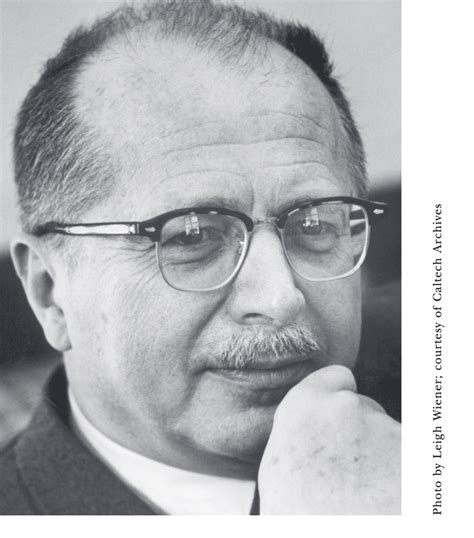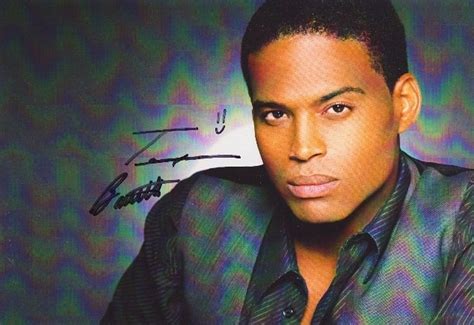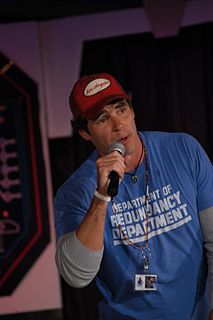A Quote by David Bailey
I didn't know a time when there wasn't a war because I spent all my time from the age of two or three to eight in a coal cellar really.
Related Quotes
If the World War [I] demonstrated anything it was that government ownership is fraught with the gravest dangers and usually leads to disaster. Take Britain. The two problems which have caused the greatest trouble since the war ended have been transportation and coal. The government seized both industries when the war broke out. It got them into such a hopeless mess that it does not know how to turn [In] coal; the government now realizes, it took hold of the tail of a wild animal and is afraid to let go.
At the age of three I began to look around my grandfather's library. My first knowledge of astronomy came from reading and looking at pictures at that time. By the time I was six I remember him buying books for me. ... I think I was eight, he bought me a three-inch telescope on a brass mounting. ... So, as far back as I can remember, I had an early interest in science in general, astronomy in particular.
An American economist of two generations ago, H. J. Davenport, who was the best friend Thorstein Veblen ever had (Veblen actually lived for a time in Davenport's coal cellar) once said: "There is no reason why theoretical economics should be a monopoly of the reactionaries." All my life I have tried to take this warning to heart, and I dare call it to your favorable attention.
There is a concerted effort to keep you and me, you know, the people, away from what it [war] really looks like, 'cause when you're selling war, when it's such a big industry. What they don't tell you is the rest of it and the down side of it. And so obviously there is a lot of money and a lot of time and effort being spent on that campaign "perpetual war for perpetual peace".
World War II was really unusual, because America was in the Great Depression before. So the war did help the US economy to get securely out of this decline. This time, the war [in Iraq] is bad for the economy in both the short and long run. We could have spent trillions in research or education instead. This would have led to future productivity increases.
I never worked on different films at the same time. I made one by one. I never made two or three films together. This is impossible! I only have one head. It is impossible for me to think about two films at the same time. There are a lot of these legends about me, and I don't know why. I'm not a legendary man. But the people all the time say I make three films at the same time, and it's not true. Don't believe these kinds of things.




































